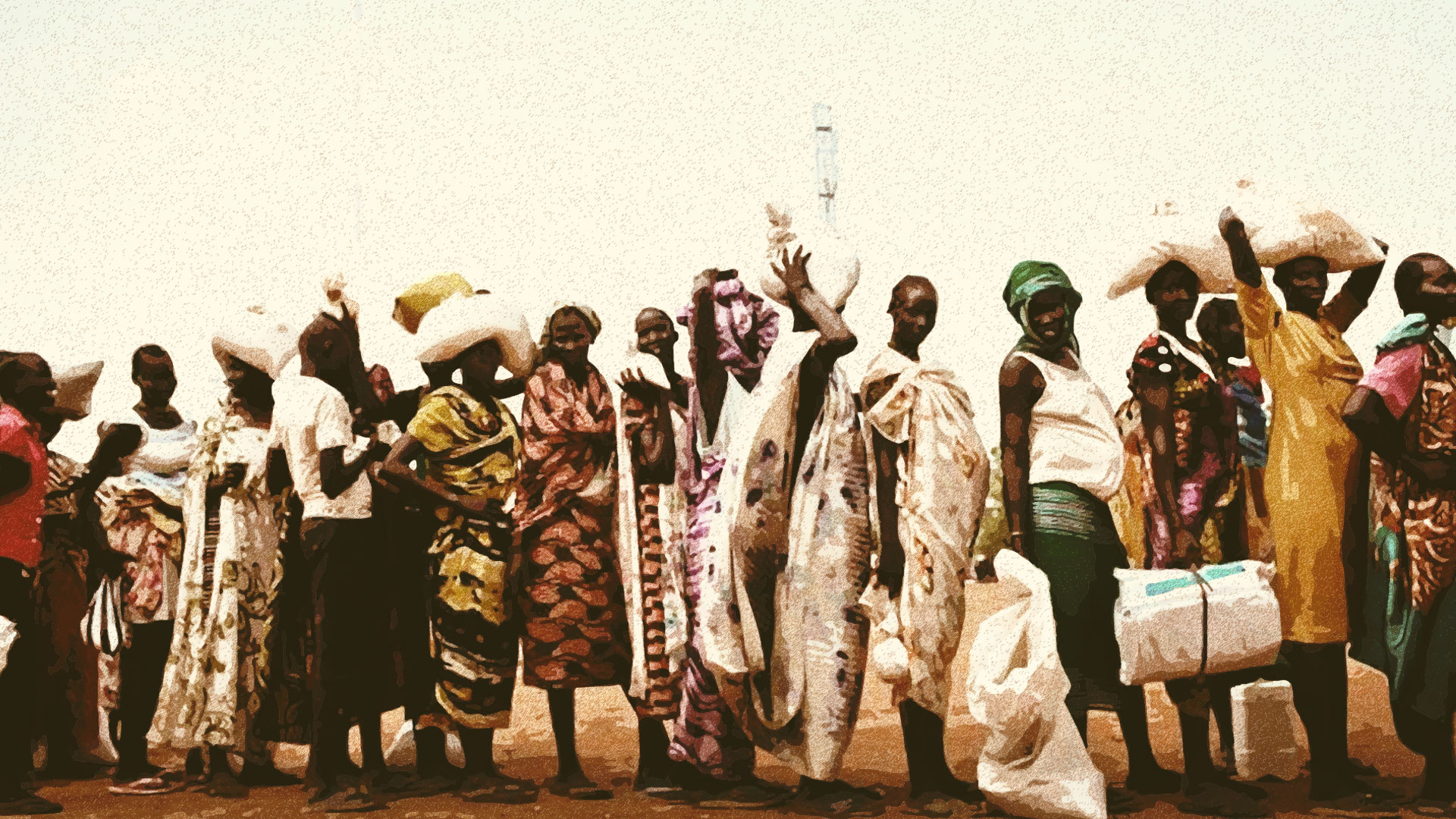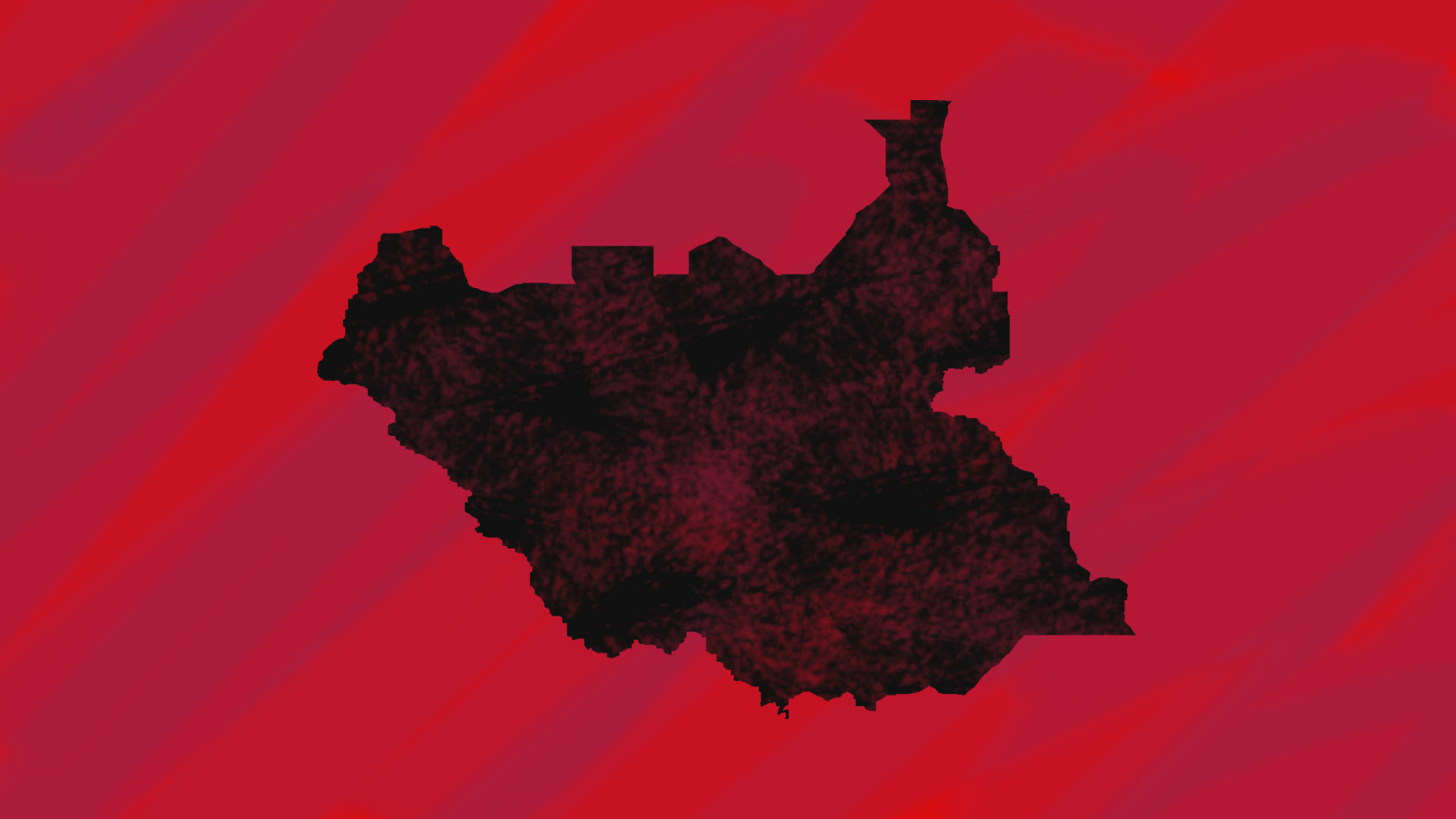As Warring Groups Blame Each Other, Famine Haunts South Sudan

As Warring Groups Blame Each Other, Famine Haunts South Sudan
South Sudan’s government of President Salva Kiir and the opposition, led by former Vice President Riek Machar, blame each other for the crisis in the country. Meanwhile, civilians in famine-declared regions suffer.
Among the countries in Africa facing food insecurity, famine has so far been declared only in South Sudan. On top of fighting hunger, people are trying to survive a much bigger man-made problem: government forces attacking civilians, according to Human Rights Watch. “There would be no famine right now in southern Unity were it not for years of consistent, constant attacks by government forces against civilians and against the livelihoods of those civilians,” said Jonathan Pedneault, a South Sudan researcher with HRW.
Pedneault said government forces are burning villages and killing people who venture into their fields to cultivate. Civilians who spoke to HRW said that the government has betrayed them, and a lack of safety and security have caused famine. Chaos and desperation have forced people from their homes without a chance to salvage anything. Some families are fleeing their homes for the second or third time since the conflict began three years ago. “Everyone is tired. The people I met had just arrived in the area of Nhial following several days of walking through the swamps. Those are mosquito infested swamps with snakes and lots of wildlife,” he said.
“ There would be no famine right now in southern Unity were it not for years of consistent, constant attacks by government forces against civilians and against the livelihoods of those civilians”
As famine continues to decimate parts of South Sudan, warring parties point fingers and prevent aid from reaching the people who need it most. Food aid reached 71,600 people in Leer, one of the worst-hit areas, in March, but many families are still relying on the roots of water lilies to feed themselves.
Famine is the highest level of food insecurity, meaning 20 percent of households experience an extreme lack of food and starvation and death are rampant. in other parts of the country, emergency levels of food insecurity have been declared due to humanitarian groups’ inability to reach those in need.
POINTING FINGERS
In interviews with VOA’s Daybreak Africa, representatives of both sides—the government of President Salva Kiir and the opposition led by former Vice President Riek Machar—refused to take blame for the crisis.
“We are not violent. It is the government that is violent,” said Lt. Col. Lam Paul Gabriel of the Sudan People’s Liberation Army-in Opposition (SPLA-IO). “We are on a strict order from Riek Machar not to engage the government in any attacks, so we have been on self-defense every single moment.”
Gabriel said there is a “genocide” in areas of the country inhabited by the Nuer ethnic group. Speaking from the Uganda-South Sudan border by phone, he said the opposition leader, Machar, is under house arrest in South Africa and unable to return to South Sudan.
“If we want peace to come, release him from South Africa, bring him to a table, create a condition in a faraway [place] where they can sit and talk and iron out their differences,” Gabriel said. “These dialogues should really be inclusive, and then we are very sure that peace will come.”

A U.N. Human Rights Council report released in March found that government security forces, including the SPLA and the National Security Service, attacked the Nuer and other non-Dinka ethnic groups, who they believed to be helping the rebels. The report also found soldiers using rape as a weapon of war.
Since December 2016, the National Security Service has prevented eight aid organizations from delivering assistance to rebel-controlled areas, the HRC reported. According to the U.N., 82 aid workers have been killed in the country since 2013. The U.S.-funded Famine Early Warning Systems Network (FEWS NET) reported that assistance has kept people in Leer and Mayendit alive since February. But, as of early March, access to aid has been denied in the city of Koch.
“ Those people are really at the end of the rope. I think after three years of war, they want peace, they need peace and they need government forces to stop attacking them. This is a perfect storm.”
In an interview, Ateny Wek Ateny, a spokesman for the Kiir government, denied there was a problem. He claimed South Sudanese of various ethnicities are “happily living side by side.”
“The government of South Sudan is only defending itself while it is attacked by the bandits who are armed and trying to cause havoc in the country,” Ateny said. “Why would the government of South Sudan fight its own people?”
SEEKING ACCOUNTABILITY
For their part, aid workers and human rights groups say it is time to drop the excuses, halt the conflict and find a solution. In the meantime, Pedneault said, civilians are caught in the middle of it all.
“Those people are really at the end of the rope. I think after three years of war, they want peace, they need peace and they need government forces to stop attacking them. This is a perfect storm,” he stressed. “This is man-made, and it is quite unfortunate that up until now people who are responsible for that have not suffered the consequences of their actions.”
This story used interviews aired on VOA’s radio programs, with contributions from South Sudan in Focus’ Ayen Bior and Daybreak Africa’s James Butty. Bior’s interview starts at about the 1:43 mark (link here), and Butty’s interview starts at about the 10:23 mark (link here).










